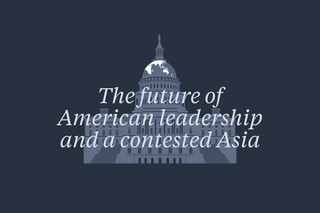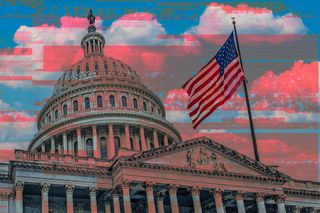About the program
The Emerging Technology Program focuses on the critical emerging technology challenges facing Australia, the United States and our network of allies and partners. The program explores the strategic, social and global impacts, opportunities and risks that new technologies bring —from artificial intelligence and quantum to clean energy technologies and export controls. We do this by conducting original research and convening government, industry and academia to collaboratively identify solutions.
Areas of expertise include:
- The impacts and challenges of artificial intelligence (AI). The rollout of this disruptive technology continues to have widespread implications for government and industry involving safeguards, data ethics and compute capacity. AI is shaping disinformation and power dynamics in Australia, the United States and across the globe.
- Dual-use technologies, advanced capabilities and innovation. With much of the technology innovation now taking place in the private sector, developing asymmetric advantage requires building new innovative and collaborative approaches to technology research, development and acquisition. Key focuses of this work include AUKUS Pillar II and its various technological areas, such as AI, quantum and cyber, as well as broader defence and dual-use innovation.
- Clean energy technologies, trade and export controls. Strategic competition in the global energy transition, from fossil fuels to renewable energy sources, is increasing. Technology is central to numerous industries and their respective challenges — from the development and adoption of clean energy technologies and international standards to export controls over data security concerns and advanced semiconductor competition. These areas increasingly intersect across technology, geopolitics, economics and existential challenges such as climate change to form some of the most pressing and complex policy challenges for government.
Across this year, we will host four visiting fellows with the program, generously supported by the US Department of State, to contribute their voices and insights to Australian discussions around technology policy — including AI, export controls and climate technology.




















